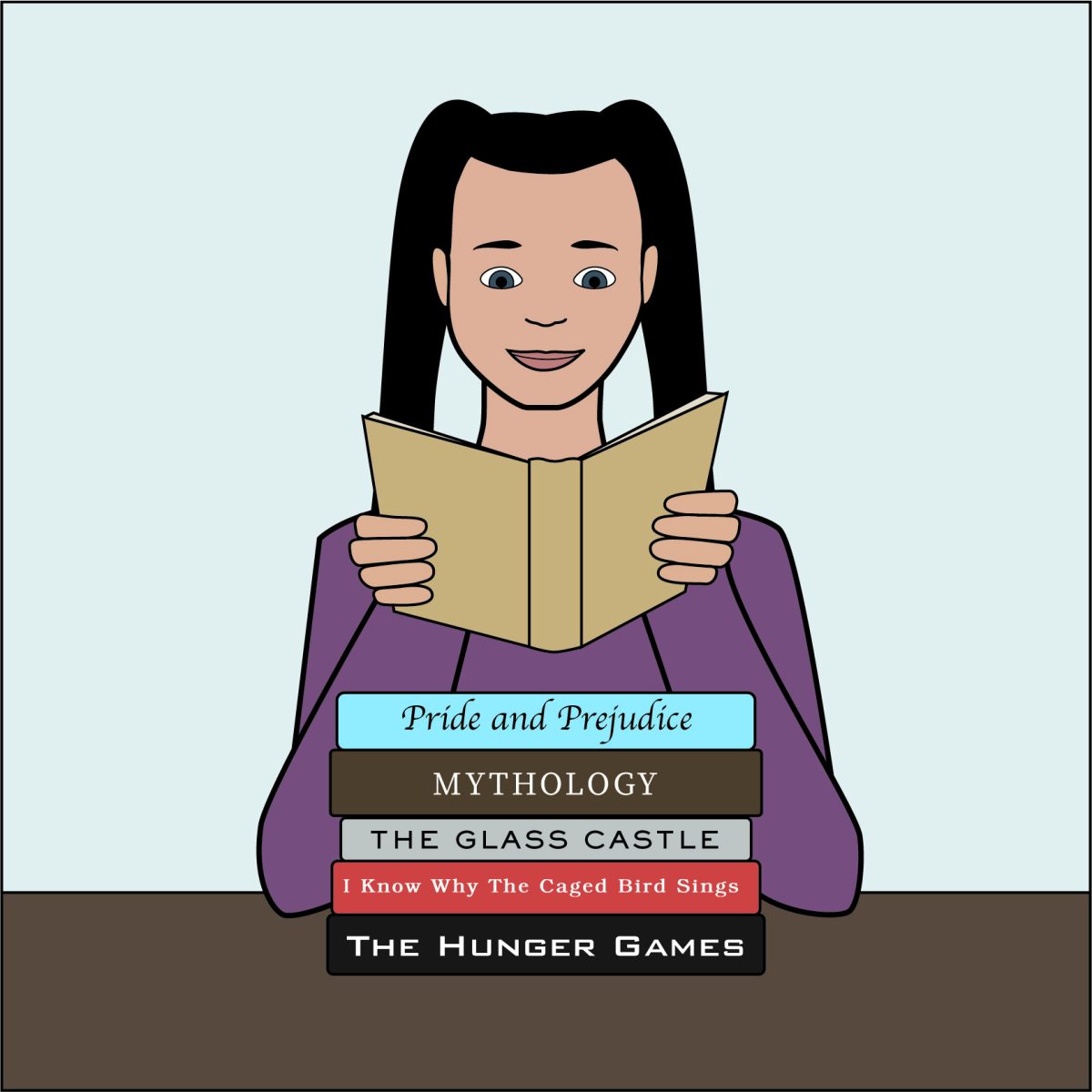Pursuing a college degree requires an abundance of reading — source material, research papers, novels, lab manuals and textbooks all make up the immense amount of reading that one must do in college life. With all of this required reading, little time is left for reading just for fun.
This is a dilemma that causes many students to abstain from picking up reading as a hobby, but this decision could be misguided. Reading for fun reaps many benefits that could propel one’s journey to success in their social life, academic performance and career.
According to a study from science.org, certain types of reading, especially that of literary fiction, helped subjects perform well on emotional IQ tests measuring traits such as empathy and perception.
In recent decades, cognitive psychologists have taken to looking at the ways stories, particularly narrative structure and fiction, can hone the mind’s social sectors.
According to studies conducted by psychologist Raymond A. Mar, fiction pieces proved to have the most significant effects on the subject’s ability to interpret eye cues from photographs. Out of 94 adults, the half who were assigned to read fiction performed better at when deciphering certain social cues.
Mar also conducted similar studies with children, the results staying conducive to the idea that fiction as opposed to nonfiction can strengthen our social skills and empathetic capacity.
For Texas State students, the academic workload is often packed with works of nonfiction, but making time to enjoy a work of fiction for enjoyment would enhance one’s social skills and ability to emotionally understand the world around them.
As well as being able to enhance one’s life outside of the classroom, prioritizing reading for fun will also improve performance inside of it. Reading, across almost all genres, can help improve one’s vocabulary, and promote higher levels of concentration, critical thinking and memory skills.
In a 2016 study published by Sam Houston State University’s Journal of Graduate Research, researchers found those who read for pleasure performed better across all academic subjects, including STEM courses.
Beyond school, Texas State students who pick up reading in their free time may also hold an advantage in the workforce and in their future career aspirations.
A study by the Creative Research Journal found that a sample of subjects who read fiction short stories instead of nonfiction expressed increased comfort with ambiguity, tended to be more open-minded and carried a higher creative propensity.
All of these traits are vital to working successfully within any career Texas State students wish to pursue.
Choosing to read for pleasure has many benefits, but it can be difficult to know where to start. Literary fiction, as examined by the previous studies, does many wonders for the psychology of readers, but there are many other genres students may find engaging if literature is not appealing.
Memoirs are a great place to start for someone looking to begin reading more. Many public figures that college students are familiar with have written memoirs, including Jennette McCurdy’s memoir “I’m Glad My Mom Died,” or Madison Beer’s “The Half of it.”
Mythology is another great genre to explore. Mythological texts are entertaining, but also very stimulating for the mind as they are intricate and woven with connections one can make to our present world. Works such as Hesioid’s “Theogony,” Homer’s “The Odyssey” and even “Percy Jackson” are all great stories that students may find entertaining and thought-provoking.
Despite our busy schedules, finding a way to incorporate reading for pleasure has copious benefits that are worth setting aside at least 30 minutes a day.
-Faith Fabian is an English sophomore
The University Star welcomes Letters to the Editor from its readers. All submissions are reviewed and considered by the Editor-in-Chief and Opinions Editor for publication. Not all letters are guaranteed for publication.































